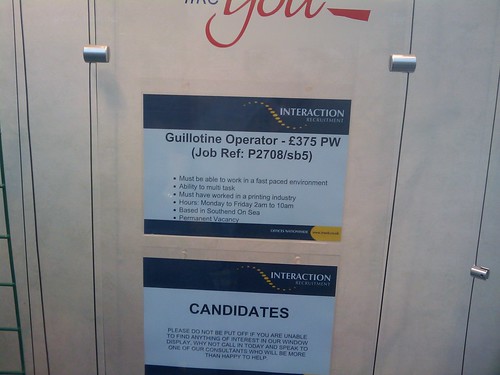I was thrilled to get a chance to write for WWF International last year.
WWF were busy with a number of global campaigns and their in-house team needed a little support. I think they also valued having some fresh ideas from someone not immersed in the world of conservation – which I hope I was able to provide.
I wrote blog posts and social media content for two WWF campaigns. I loved the complexity of their material – and it was great to get involved with such a worthwhile cause.
I do offer a discount to charities – so get in touch if you need help with campaigns, web copy – or anything else!
Read my WWF International case study









